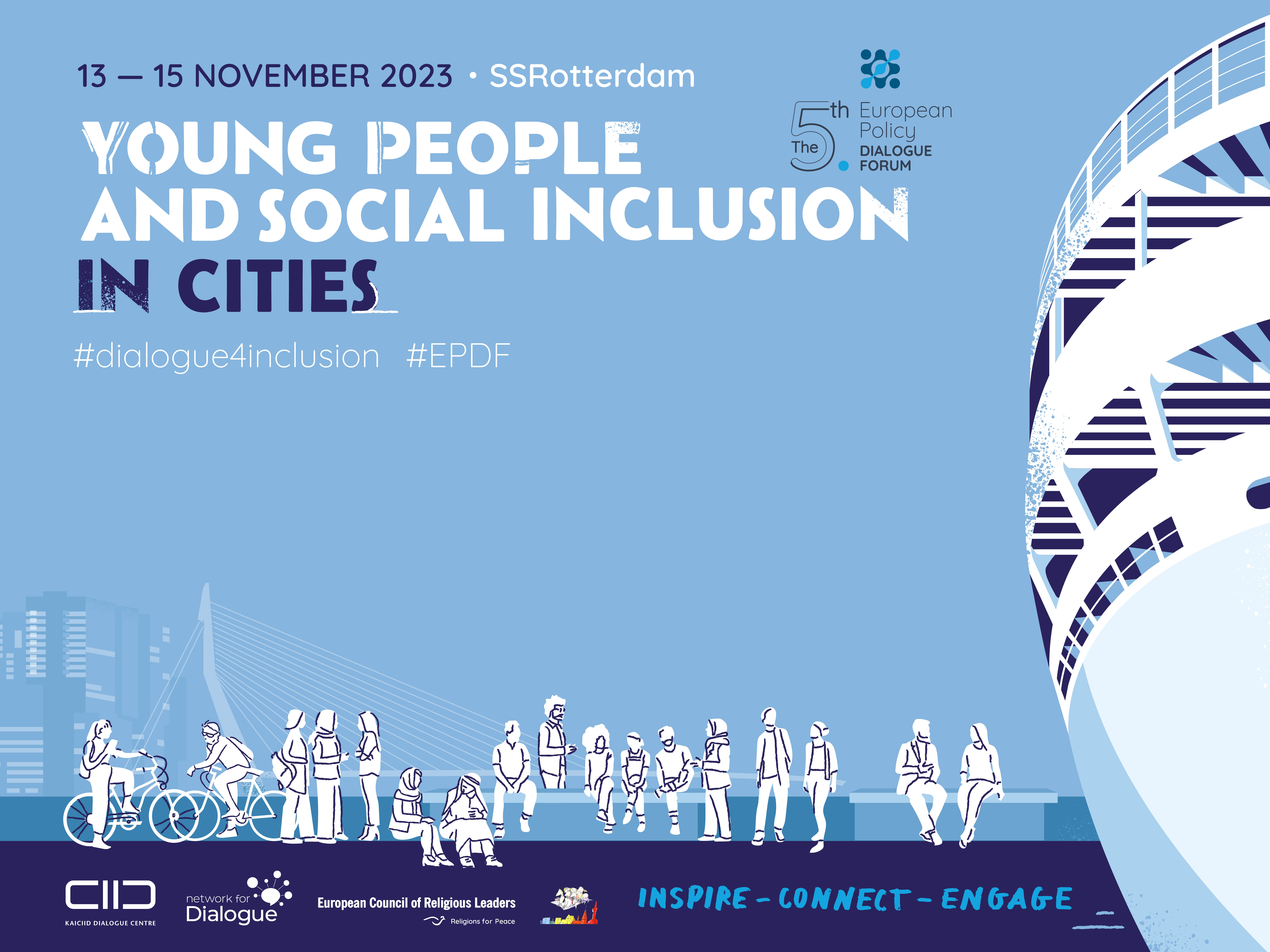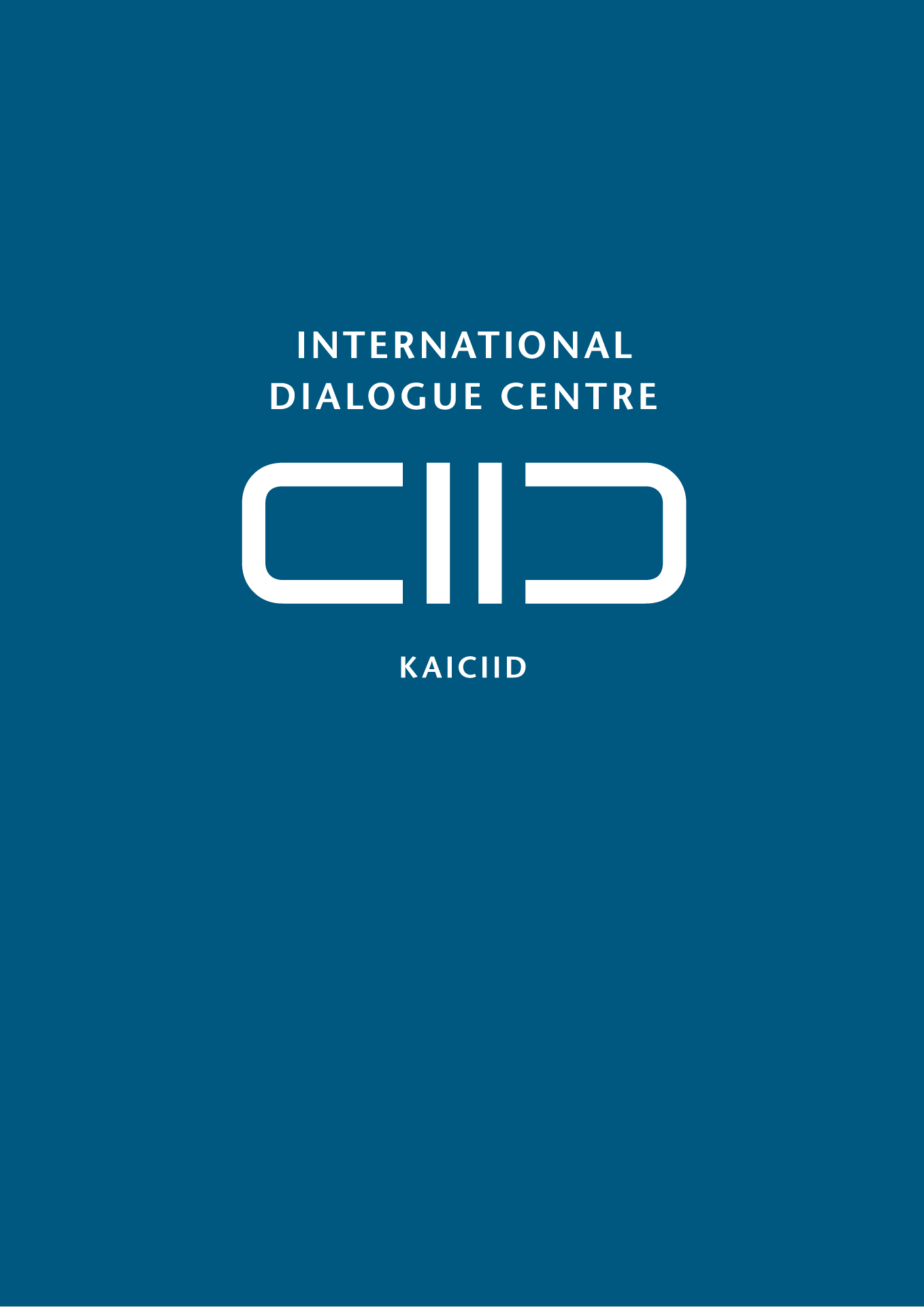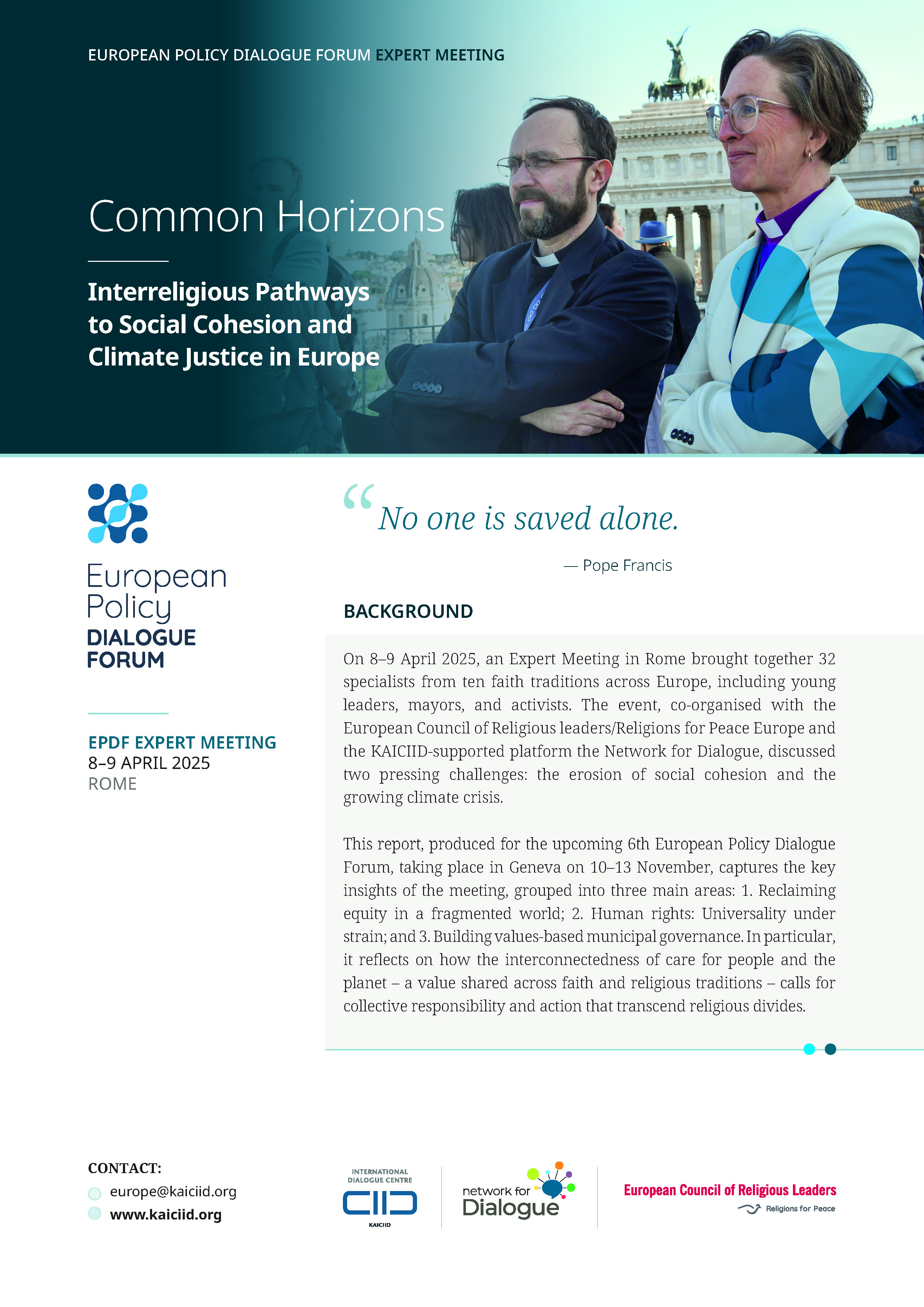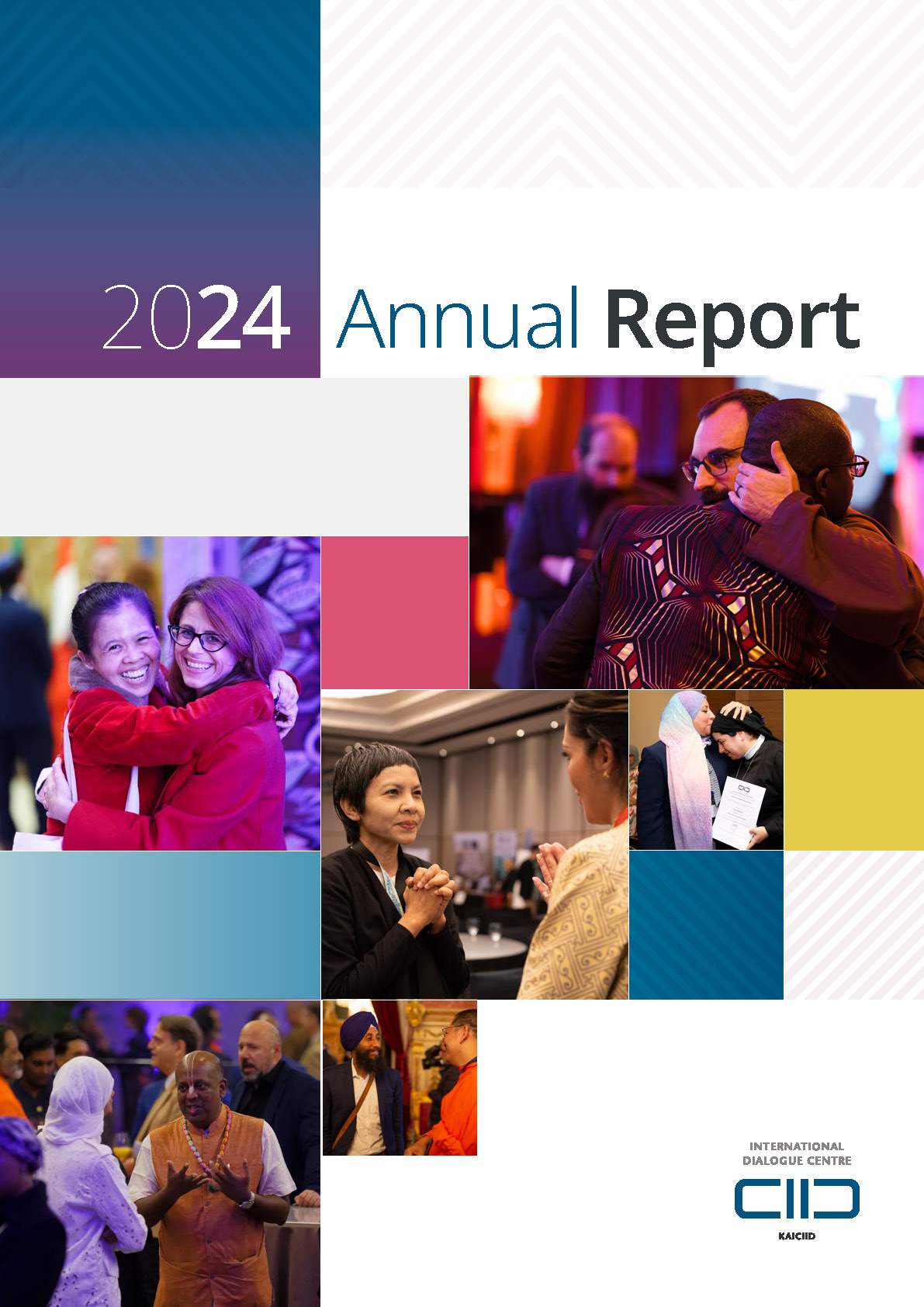EPDF Expert Meeting Report: Common Horizons - Interreligious Pathways to Social Cohesion and Climate Justice in Europe
EPDF Expert Meeting Report: Common Horizons - Interreligious Pathways to Social Cohesion and Climate Justice in Europe
From Trauma to Transformation: How One Man’s Journey Through Dialogue Sparked Faith, Healing and Love
Communities suffer, not only from the echoes of broken men’s rage, but from the too-few voices of healed men” — Krish
The Silence of Dialogue – A Reflection
As a former Portuguese diplomat, who has long understood diplomacy as a humble service to dialogue and peace, I cannot but rejoice at the recent news of a long-awaited agreement in the blood-stained conflict in the Middle East, where so many innocent lives have been lost. Yet my experience has taught me that the path of peace is never linear, nor is it forged only at the negotiation table.
KEEPING FAITH IN DIALOGUE: KAICIID Elevates Spiritual Diplomacy at UNGA80
From roundtables on gender equality and scaling interreligious cooperation in support of the New Agenda for Peace to a renewed partnership with the University for Peace, KAICIID’s week-long engagement at the 80th session of the UN General Assembly affirmed its belief of the importance of multi-stakeholder cooperation.
2024 Annual Report
2024 Annual Report
5th European Policy Dialogue Forum in Rotterdam

The European Policy Dialogue Forum (EPDF) brings religious actors, policymakers and other experts together to establish and strengthen channels of communication, listen to one another’s concerns, identify opportunities to support and cooperate, and to develop recommendations. Interreligious and intercultural dialogue are central to addressing Europe’s current divisions and strengthening social cohesion by promoting equal rights, human dignity and respect for diversity



